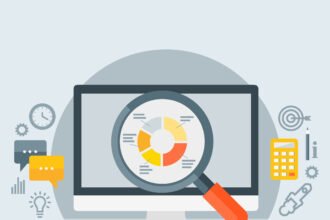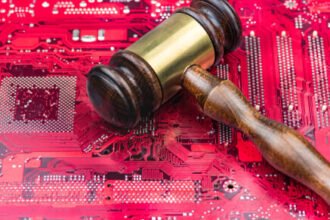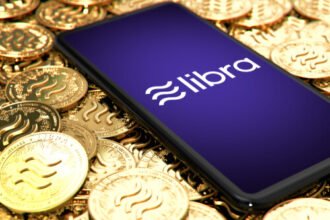In the future, as I see it, each one of us will be monitored by dozens of machines. They’ll keep an eye on our heart patterns, our diet, our pathways in the house and on the road. They’ll pick up our cognitive signals too. This surveillance will not come from a governmental Big Brother. We will impose it ourselves. Forgoing surveillance will be regarded as risky behavior, akin to driving without a seat-belt or downing a double martini while pregnant.
In the future, as I see it, each one of us will be monitored by dozens of machines. They’ll keep an eye on our heart patterns, our diet, our pathways in the house and on the road. They’ll pick up our cognitive signals too. This surveillance will not come from a governmental Big Brother. We will impose it ourselves. Forgoing surveillance will be regarded as risky behavior, akin to driving without a seat-belt or downing a double martini while pregnant.
I thought about this a lot while working on the “Patient” chapter of The Numerati. There I looked at Intel’s efforts to build senior care around sensors. In scores of homes in Portland, Intel researchers monitored every possible detail of elderly couples’ lives (with permission, of course). They then developed base lines for a series of behaviors, ranging from diet to typing patterns on the computer. And when their machines spotted deviations in these patterns, they knew something was up. In time, they hope to be able to diagnose oncoming diseases such as Parkinson’s or Alzheimers by studying these patterns.
That’s in the future. For now, much of this machinery simply monitors and issues reminders, including alerts to take prescribed pills at the appropriate time. A New York Times story today describes middle-aged adults who use a host of snooping machinery to keep an eye on aging parents. This technology comes from startups like iReminder to giants like GE.
When I give talks, I often ask people if they would install sensors in their house in exchange for lower health-insurance premiums. Most people say no. But in our aging societies, in which the cost of personal care continues to sky-rocket while the price of computing plummets, there’s little other way for us to take care of each other and ourselves. The way I see it, we’re beginning this trend by imposing monitors on the people we feel responsible for: Our parents and our children.
But the technology will spread to much of the population. As it does, health care data will increasingly reflect our behavior, hour by hour, meal by meal, and not just our symptoms. And as these new streams of data pour in, scientists will be in a position to study the patterns of human health as never before.
No doubt, some people will stick with the old ways. Those outside of the medical establishment–the poor and uninsured–won’t be monitored. And the rich will likely pay a premium for personal service. But the rest of us, the great masses in the middle, will live our lives under the ever sharper scrutiny of machines.








